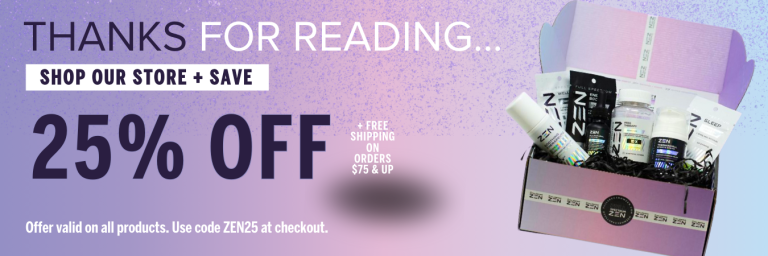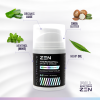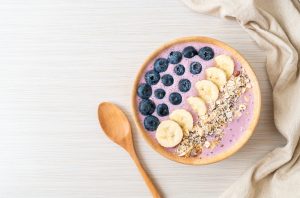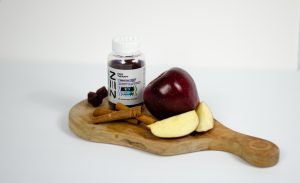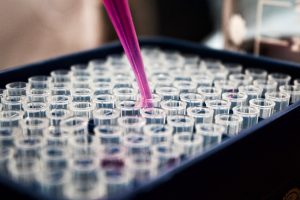We totally get it – with so many incredible natural cannabis products on the market, it can be confusing as to what’s what. For consumers looking to purchase hemp, CBD, or THC products, it’s important to know how each affects the body differently, as that will influence their choice in product. While they are all derived from the same species of cannabis plant, they each have unique properties and holistic benefits for a variety of conditions.
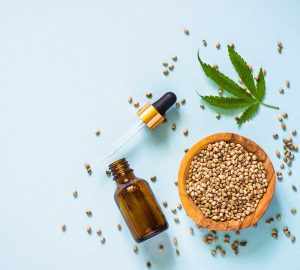
Marijuana versus Hemp
Let’s start with the difference between marijuana and hemp. Although they are the same species of flowering plant from the Cannabaceae family, they do have one grand differentiation, and that’s decided by the law. The legal difference between marijuana and hemp is their tetrahydrocannabinol, or THC count. THC is one of many cannabinoids that is found in the cannabis plant. As some of you aficionados may know, THC is the compound in the cannabis plant that gets you high. So, legally, hemp must contain 0.3% or less THC by its dry weight – this is what qualifies it as a small enough amount so as not to give any psychoactive effects.
The cannabinoids, THC and CBD
THC and CBD are the most prominent cannabinoids produced by the cannabis plant, and both hemp and marijuana contain THC and CBD. The marijuana plant has a higher concentration of THC, while the hemp plant (by law) is composed with a higher concentration of CBD. Each cannabinoid compound found in cannabis reacts with your body’s receptors in different ways. The largest difference between the two is CBD’s lack of psychedelic effect – CBD won’t get you high. Both CBD and THC have the exact same structure: 21 carbon atoms, 30 hydrogen atoms, and 2 oxygen atoms. It’s the arrangement of the atoms that accounts for their unique effects.
The euphoria of THC
THC – the main psychoactive component – is what’s responsible for getting people high. This is because it binds with the cannabinoid 1 (CB1) receptors in the brain to produce this euphoric feeling. Research shows that the high is greatest if the THC is inhaled versus ingested, you can use THC in the form of edibles, oils, topicals, capsules, and more. The main medicinal uses for THC are:
- Pain
- Muscle spasms
- Glaucoma
- Insomnia
- Low appetite due to disease or anorexia
- Nausea (it is especially used to treat the nausea and vomiting often associated with chemotherapy)
- Anxiety
A closer look at CBD
At this time, unlike THC products (aka cannabis / marijuana), and thanks to the 2018 Farm Bill, hemp-derived CBD is federally allowed in every state, and licensed companies are allowed to commercially distribute CBD products across state lines.
Because CBD doesn’t bind with the cannabinoid 1 (CB1) receptors, it doesn’t produce any euphoric feelings like THC. CBD does, however, react with other receptors in the brain to treat a variety of functions such as anxiety, depression, appetite, sleep and pain. Although CBD and THC can be used to treat many of the same conditions, people who don’t want the psychoactive side effects can comfortably use CBD products to get the same medical results. CBD is available in a variety of forms including gummies, gels, tinctures, supplements, topicals and more. Some other conditions that CBD is used for are:
- Pain and inflammation
- Depression and anxiety including social anxiety
- PTSD
- Psychosis or mental disorders
- IBS Irritable Bowel Syndrome
- Seizures
- Nausea
- Headaches and migraines
- Schizophrenia
- Sleep disorders
- Wellness
In order for CBD to be legal, it must be derived from the hemp plant, as all of our CBD products at Full Spectrum ZEN are.

Feel better instantly
If you decide a CBD product is the right course of action for your needs, you’ll be delighted to find a variety of products to help you on your journey. Shop ZEN now and feel the unmatched effects today.



